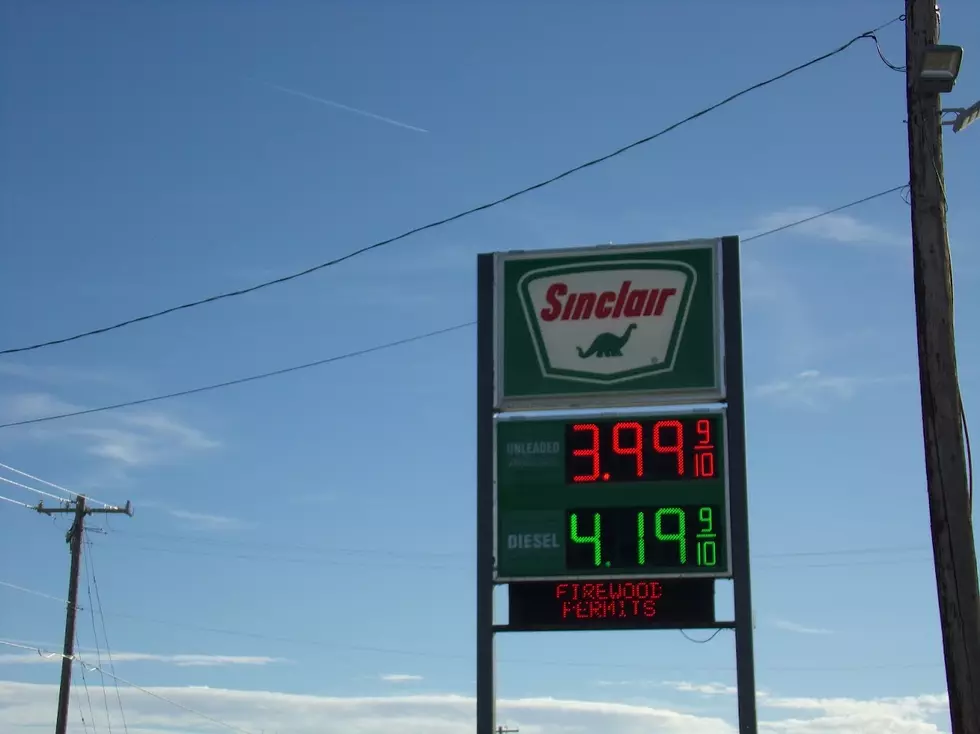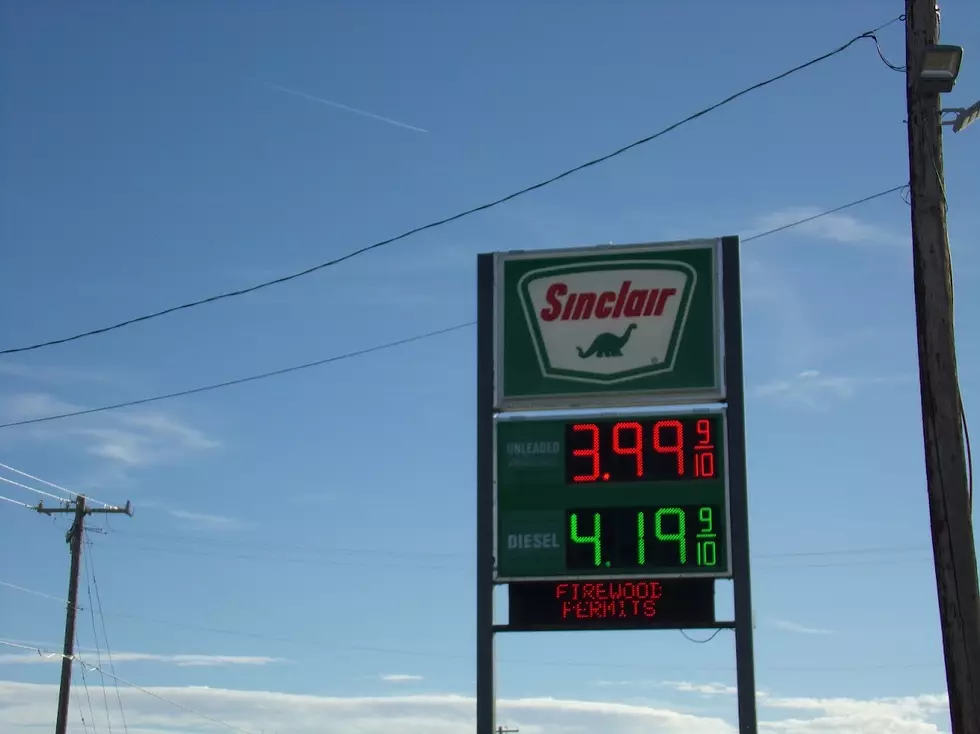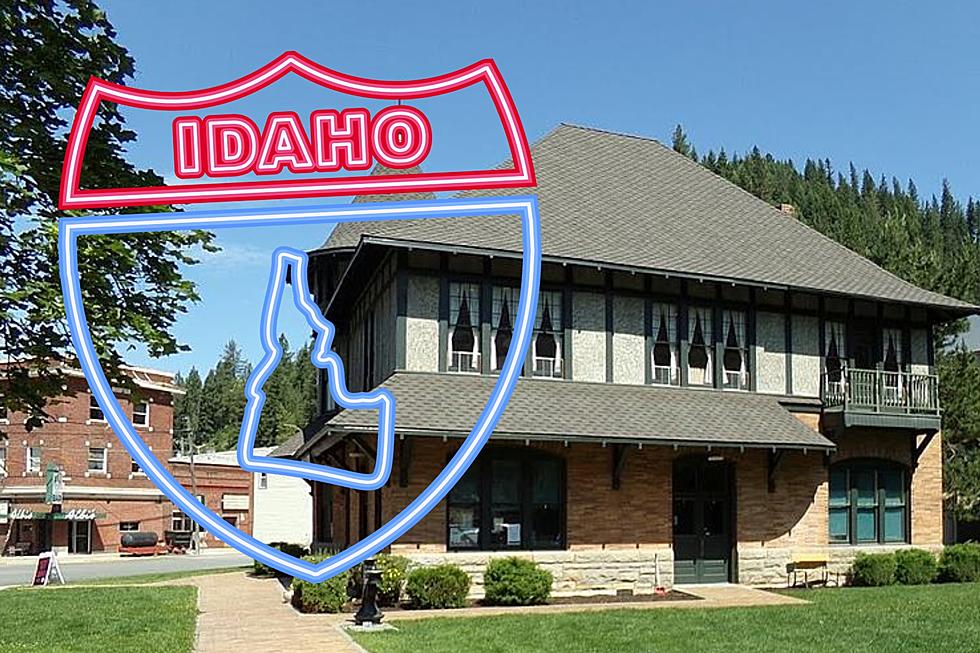
There’s a Prediction of Gas Below a Dollar a Gallon
We could end up paying the cheapest price for gasoline in history. Or, at least when adjusted for real dollar terms. While it’s not likely, OilPrice.com outlines a scenario where the price per barrel could hit $10. If that’s the case, you could very well be paying well under a dollar a gallon at the pumps. If you had the money, that is! Because the price would likely follow a recession hitting with the impact of the Great Recession or worse.
My dad used to tell me about the cost of gas being 8 gallons for a dollar during the Great Depression. “Nobody had any money,” he would then add.
I keep seeing comments from people who tell me the dirt-cheap cost would be great. But let me offer an analogy. Milk too would be great at a quarter a gallon. Temporarily. Then tens of thousands of dairy farms would begin failing and farm families would be destitute. A vicious cycle then begins and it’s how we hit bottom 85 years ago.
Milk too would be great at a quarter a gallon. Temporarily. Then tens of thousands of dairy farms would begin failing and farm families would be destitute.
The same in the oil industry. Like farming, there are people who make their living drilling, pumping and shipping. One reason the Great Recession didn’t become a repeat of the 1930s is because domestic oil production was restored in the United States. For the past decade, we’ve had mostly low but also stable prices. In other words, a floor still profitable for the industry. We’ve weaned ourselves from foreign sources.
For a moment consider the fracking revolution would come tumbling down in America with a price crash. There would be sudden mass unemployment across the oil fields in Texas, New Mexico and the Dakotas and other businesses would be impacted. State tax revenues would collapse as pumping came to an end and wells were capped.
Then in a sudden volatile scenario, the Strait of Hormuz could be closed and it could take time to get domestic production again on its feet. So, we could go from really low pump prices and millions out of work to a sudden price spike with millions still trying to get back on their feet. If this happened during a cold January, there would be a lot of misery.
You see, very few people work for free. The commodities we buy help support our neighbors, friends and communities. We need equilibrium and not the equivalent of a “free lunch” when it comes to fuel.
More From News Radio 1310 KLIX









